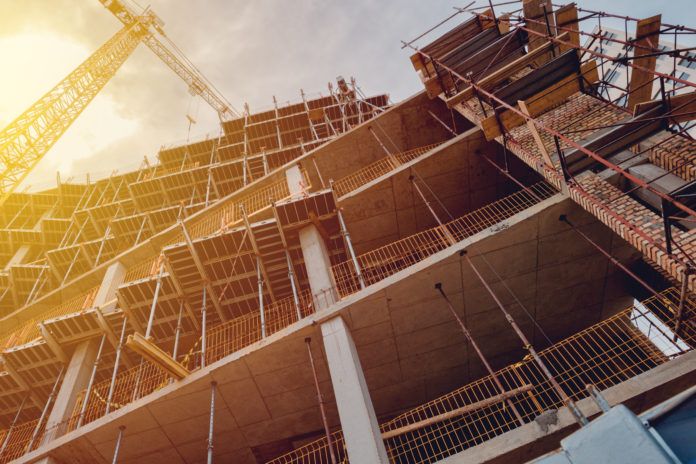The Prime Minister Boris Johnson will today [30 June] pledge £5 billion in fast-tracked infrastructure investment as he promises to “build build build” the UK’s economy out of the coronavirus crisis.
Likening his government’s plan to US president Franklin Delano Roosevelt’s ‘New Deal’ programme after the great depression of the 1930s, the Prime Minister will seek to create jobs and drive investment through a nationwide building campaign.
According to his office, the Pime Mnister will speak at an event in the West Midlands today of his commitment to “build build build” to fuel economic recovery across the UK.
In extracts released by Downing Street ahead of the event, he is quoted as saying: “It sounds positively Rooseveltian. It sounds like a New Deal. All I can say is that if so, then that is how it is meant to sound and to be, because that is what the times demand. A government that is powerful and determined, and that puts its arms around people at a time of crisis… This is a government that is wholly committed not just to defeating coronavirus but to using this crisis finally to tackle this country’s great unresolved challenges of the last three decades.
“To build the homes, to fix the NHS, to tackle the skills crisis, to mend the indefensible gap in opportunity and productivity and connectivity between the regions of the UK. To unite and level up. To that end we will build, build, build. Build back better, build back greener, build back faster and to do that at the pace that this moment requires.”
It remains unclear how much of the money and work to be announced today is new to the programme, and how much is being re-announced, with Chancellor Rishi Sunak due to reveal details later this week, but it comes on the back of yesterday’s announcement about the government’s 10-year transformative school rebuilding programme.
The promise to bring forward investment into schools, hospitals, and the UK’s road and rail network comes after the coronavirus pandemic forced vast swathes of the country’s economy to shut down for the best part of three months.




